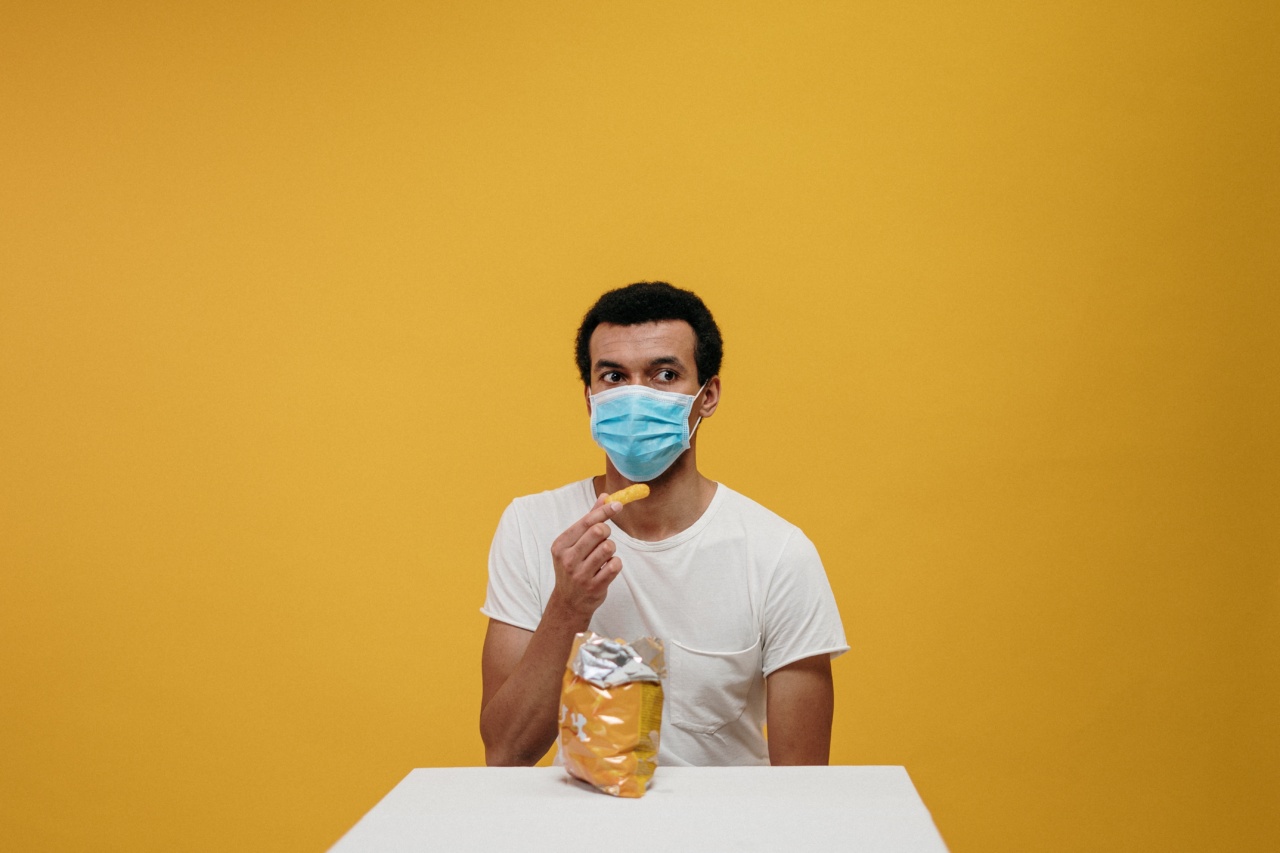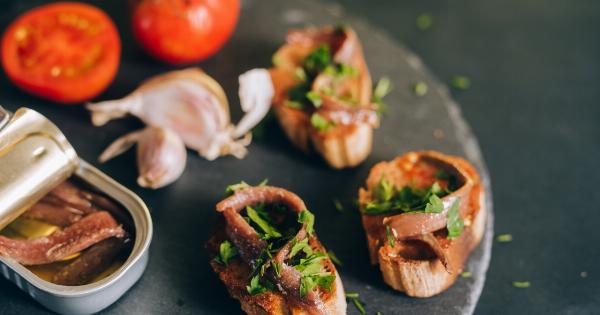Pregnancy is a precious time when mothers-to-be have to be extra cautious about their diet.
While it is important to consume nutritious foods for the healthy development of the baby, there are certain foods that should be avoided during pregnancy due to potential risks they may pose. In this article, we will explore some of these foods and why it is best to steer clear of them during this crucial period.
Fish High in Mercury
Mercury is a toxic substance that can harm the developing nervous system of the fetus. Therefore, it is recommended for pregnant women to avoid fish that are high in mercury, such as shark, swordfish, king mackerel, and tilefish.
Instead, they can opt for low-mercury fish like salmon, shrimp, catfish, and trout, which are rich in omega-3 fatty acids and important for the baby’s brain and eye development.
Raw or Undercooked Seafood
Raw or undercooked seafood, including sushi, oysters, and clams, can harbor harmful bacteria and viruses like listeria, salmonella, and toxoplasma. These can lead to foodborne illnesses that pose risks to both the mother and the baby.
It is crucial to thoroughly cook seafood to kill any potential pathogens before consuming it. Canned or cooked seafood, such as canned tuna or fully cooked shrimp, can be safe alternatives.
Raw or Undercooked Eggs
Eggs are highly nutritious, but they should be cooked thoroughly during pregnancy. Raw or undercooked eggs may contain salmonella bacteria, which can cause severe food poisoning.
It is best to avoid dishes like homemade Caesar dressing, hollandaise sauce, or uncooked cookie dough that contain raw eggs. Opt for pasteurized eggs or egg products when necessary.
Unpasteurized Dairy Products
Unpasteurized dairy products, including milk, cheese, and yogurt, may contain harmful bacteria such as listeria or E. coli. These bacteria can cause foodborne illnesses that can be particularly dangerous for pregnant women.
Always choose pasteurized dairy products to eliminate the risk of bacteria or opt for alternative calcium sources like fortified plant-based milk or calcium-rich foods like broccoli and kale.
Raw or Undercooked Meat
Raw or undercooked meat, including poultry, beef, and pork, can contain bacteria like salmonella, toxoplasma, and E. coli. These bacteria can lead to severe infections and pose risks to the unborn baby.
It is crucial to cook meat thoroughly to kill any potential pathogens. Use a food thermometer to ensure the meat reaches the appropriate internal temperature.
Processed Meats
Processed meats like hot dogs, deli meats, and sausages may contain harmful bacteria and parasites such as listeria. These foods are also often high in sodium and preservatives, which should be consumed in moderation during pregnancy.
If you choose to eat these meats, make sure to heat them until they are steaming hot to kill any potential bacteria.
Highly Caffeinated Beverages
Excessive caffeine intake during pregnancy has been associated with risks like miscarriage, preterm birth, and low birth weight. It is recommended to limit caffeine intake to 200 mg per day, which is equivalent to about one 12-ounce cup of coffee.
Besides coffee, caffeine is also found in tea, soda, energy drinks, and chocolate. Opt for decaffeinated versions or herbal teas that are safe for pregnancy.
Alcohol
Alcohol is well-known for its harmful effects on fetal development. There is no known safe amount or time to drink alcohol during pregnancy.
Consuming alcohol during pregnancy can lead to fetal alcohol spectrum disorders, which can cause physical, behavioral, and intellectual disabilities in the baby. It is best to abstain from alcohol entirely for a healthy pregnancy.
High-Mercury Seafood
In addition to fish high in mercury, certain seafood like raw shellfish and refrigerated smoked seafood should be avoided due to the risk of contamination with listeria.
This bacterium can cause a severe infection called listeriosis, which can lead to miscarriage, stillbirth, premature delivery, or severe illness in newborns. Opt for thoroughly cooked seafood instead.
Unwashed Fruits and Vegetables
Proper food safety practices are crucial during pregnancy, and this includes washing fruits and vegetables thoroughly before consumption.
Unwashed produce can harbor bacteria and parasites like toxoplasma, which can pose risks to both the mother and the baby. Rinse all fruits and vegetables under running water, and use a brush to scrub firm-skinned produce.
























